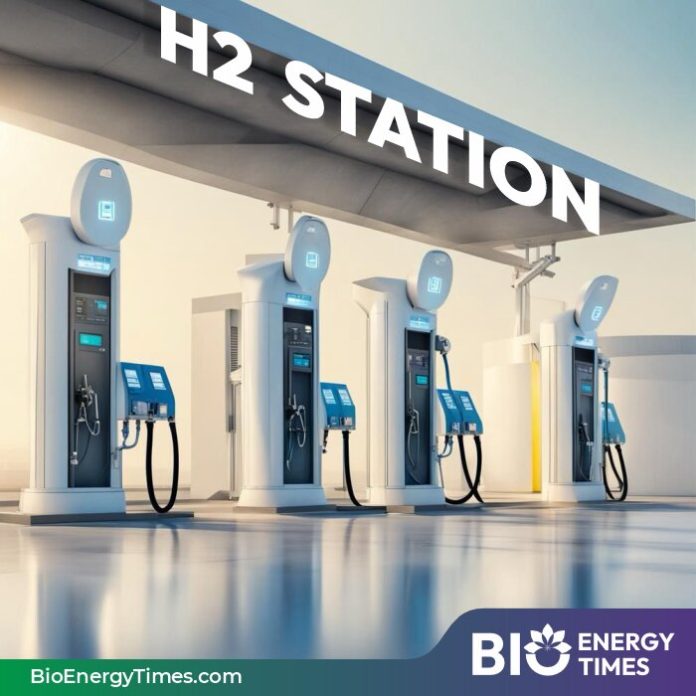India has taken a major step in its green energy transition with the launch of the Green Hydrogen Certification Scheme of India (GHCI). Union Minister for New and Renewable Energy, Pralhad Joshi, introduced the scheme on April 29, 2025, during a workshop held in New Delhi by the Ministry of New and Renewable Energy (MNRE). Designed to establish a credible and transparent framework for certifying green hydrogen production, the GHCI aims to bring clarity, traceability, and trust to the emerging hydrogen economy, reports Energetica India.
In his address, Minister Joshi emphasized the government’s vision of innovation-driven growth and highlighted the essential role of Micro, Small, and Medium Enterprises (MSMEs) in achieving the goal of a self-reliant green hydrogen ecosystem by 2030. He underscored that MSMEs, through their capacity for localised solutions and technical innovation, will form the backbone of India’s transition to clean energy. The workshop provided a platform to explore opportunities within the green hydrogen value chain and addressed the strategic contribution of MSMEs in shaping a sustainable energy future.
MNRE Secretary Santosh Kumar Sarangi outlined recent progress under the National Green Hydrogen Mission. He stressed the importance of empowering MSMEs by building technical capacity, facilitating access to finance, and enhancing technology integration. He reiterated the Ministry’s commitment to creating institutional and infrastructural mechanisms that enable small businesses to play a meaningful role in this evolving sector.
The GHCI will be implemented and monitored by the Bureau of Energy Efficiency (BEE), which serves as the nodal authority. Strategic oversight will be provided by a Technical Committee led by the Mission Director of the National Green Hydrogen Mission. The certification process will rely on validation and verification by Accredited Carbon Verification (ACV) agencies, which will be responsible for checking data on greenhouse gas emissions submitted by hydrogen producers.
Certification will apply at the level of individual projects and will include all steps involved in the production of green hydrogen up to its compression and purification for transport. However, the scheme will not cover activities beyond the plant boundary, such as hydrogen transport, storage, or conversion into other carriers. Two eligible production methods have been approved under the scheme: electrolysis powered by renewable energy and biomass conversion.
The scheme will issue Concept Certificates based on design compliance and Facility-Level Certificates to confirm operational compliance. A provisional certificate will verify that hydrogen produced during a specified timeframe qualifies as green based on submitted data, while a final certificate will confirm that hydrogen production during a specific evaluation cycle meets all standards. Facilities must also submit a comprehensive monitoring plan that details the project’s boundaries, data collection practices, and emissions sources.
To maintain integrity in the system, the MNRE or its designated agency may conduct random audits during or after the financial year. Penalties, including suspension from the certification system, will apply in cases of non-compliance, such as discrepancies in emissions reporting or production volumes.
With the GHCI now in place, India has laid the groundwork for a transparent and credible green hydrogen industry. The scheme not only affirms the country’s commitment to its climate goals but also recognises the pivotal role MSMEs will play in driving sustainable industrial growth and energy independence.















